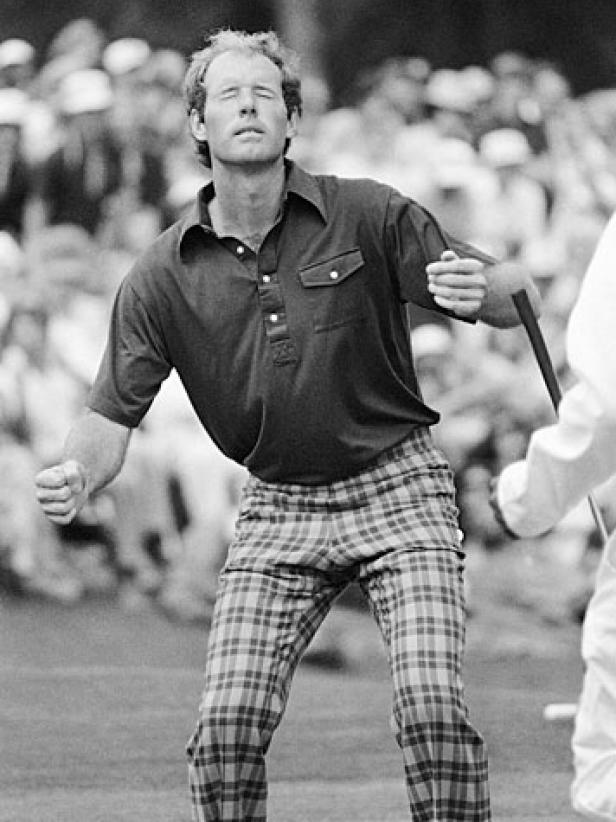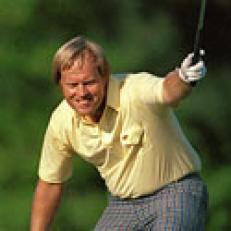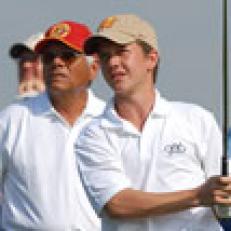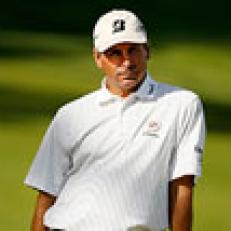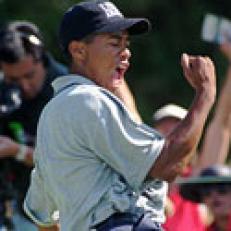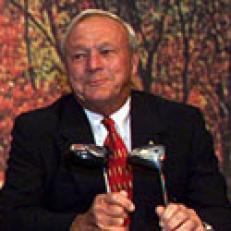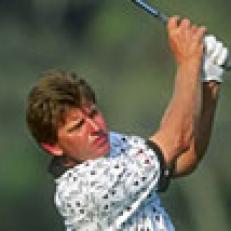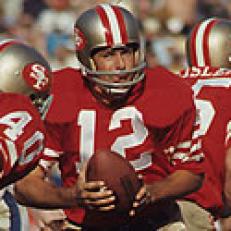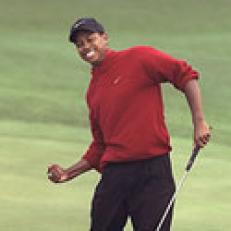My Five: Top Underachievers
Tom WeiskopfWeiskopf won 16 official tournaments including the British Open, as well as the U.S. Senior Open, a career that could (and should) get him into the Hall of Fame. But his physical gifts were so great that it's universally agreed he should have done much more. At a rangy 6-3, Weiskopf was an exceptionally long hitter, and his golf swing is still held up as a model of grace and power. Gary Player has long contended that Weiskopf was superior to Jack Nicklaus as a ball-striker, and he was adept on and around the green. But Weiskopf's on-course temper earned him the nickname "The Towering Inferno" and cost him victories, while his disenchantment prompted decisions like missing the 1977 Ryder Cup to go hunting. Weiskopf found fulfillment as an exceptional golf architect, but he has regrets. Alcohol, he said in 2002, "ruined my career. Every big mistake I've made can be traced back to drinking. The most persistent feelings I have about my career are guilt and remorse. Sometimes they almost overwhelm me ... I wasted my potential."
Photo By: AP Photo
John DalyOnly 76 men in golf history have won multiple major champions, and John Daly is one of them. Given that he's only won five tournaments total and had only 32 top 10 finishes in 20 seasons on the PGA Tour, it's not unreasonable to argue that he overachieved. But Daly was blessed with a swing and feel for the game that promised Ruthian results. When he easily won the 1991 PGA at Crooked Stick, the distance he was hitting the ball past the rest of the field seemed to announce a new age. But rather than refine his talent, Daly's well-chronicled troubles with alcohol and gambling soon threw his life and game into chaos. He emerged momentarily to magically win the 1995 British at St. Andrews, but the ensuing 15 years have been mostly unsatisfying and sad. Now with a shaky putter and sponsor's exceptions less than automatic, the 44-year-old Daly is fighting for his competitive survival.
Photo By: Ross Kinnaird/Getty Images
John JacobsJacobs came on the scene in the late 60s as a dashing figure from Southern California with big prospects. A huge hitter with a beautiful golf swing, he was the son of the director of Parks and Rec for the city of Los Angeles and the younger brother of multiple PGA Tour winner Tommy Jacobs. As a teenager, John caddied for Tony Lema, held his own in money games with his brother's peers and otherwise impressed the world's best. "I think John Jacobs had more raw talent than anyone I ever saw," Arnold Palmer once said. But the 6-3 boulevardier never fulfilled it, as almost all of the "JJ" stories that remain part of locker room lore are set outside the ropes. While playing the PGA Tour from 1968 to 1980, Jacobs never won or finished better than 80th on the money list. Since 1995 on the Champions Tour, a presumably less distracted Jacobs has won five times, the biggest the 2003 PGA Senior Championship.
Photo By: Gene J. Puskar/AP Photo
Eddie PearceThe first "Next Nicklaus," Pearce won everything as a junior, including the 1968 U.S. Junior Amateur at Brookline. Like Nicklaus, he was big and physically strong, capable of hitting high 1-irons that his high school teammate Gary Koch could only envy. After two years at Wake Forest and a close loss in the 1971 U.S. Amateur, Pearce joined the PGA Tour and quickly fell shockingly short of expectations. Plagued by a balky putter and a party lifestyle that got him known as "Fast Eddie," Pearce managed four runner-up finishes but never won, and by 1980 was disenchanted and off the tour. "Oh, when the air got dark it was fun," Pearce said to the Orlando Sentinel in 1991. "But during the daylight hours, I was miserable." Pearce made an inspired comeback in 1992 by getting through Q school, but failed to keep his card the next season.
Photo By: Golf Digest Resource Center
Doug SandersThat Sanders won 20 tournaments after coming out of abject poverty and channeling Walter Hagen was a miracle, but he was capable of much more. With his short backswing and long follow through, Sanders was a genius shotmaker who "only left the fairway to get a phone number." He contended often in majors, finishing second in U.S. Open, British Open, PGA, but never won one. But he surely would have given himself more and better chances by toning down a lifestyle so flamboyant it made his fluorescent outfits look tame. Sanders ran with the big dogs -- Sinatra, Martin, Hope, St. John, but it ran him down. He was only 36 but already looking faded on the 72nd hole of the Old Course at the 1970 British Open, which made his pushed three-footer to win the most poignant miss in golf history. "If you gave me one birdie, four pars and a bogey wherever I could put them, I'd have five majors," Sanders says today. Nevertheless, like Weiskopf, he belongs in the Hall of Fame.
Photo By: AP Photo
